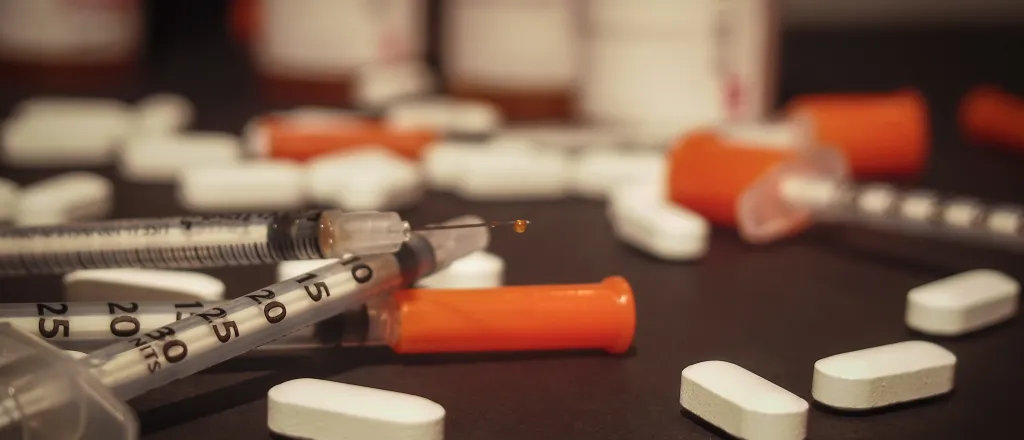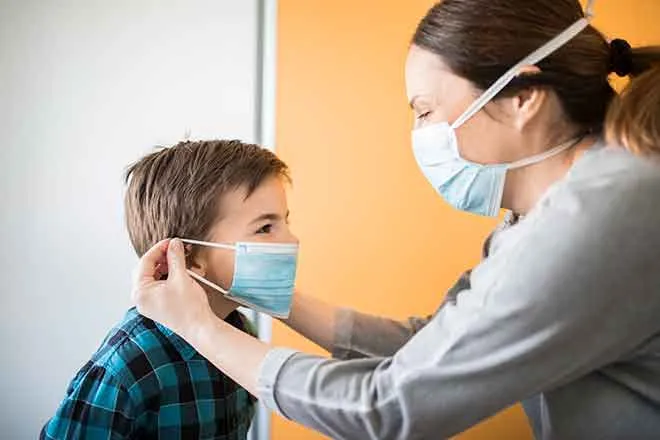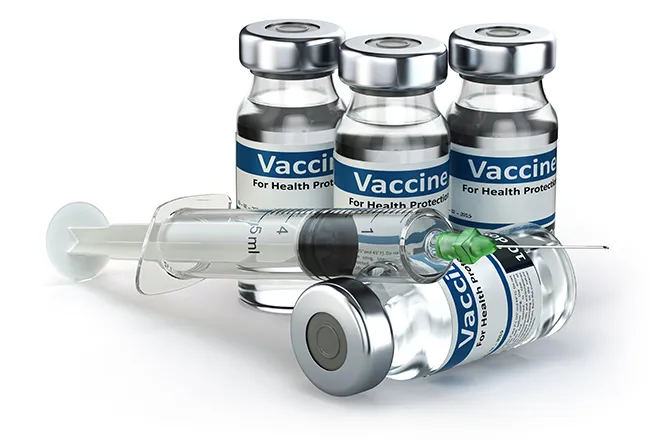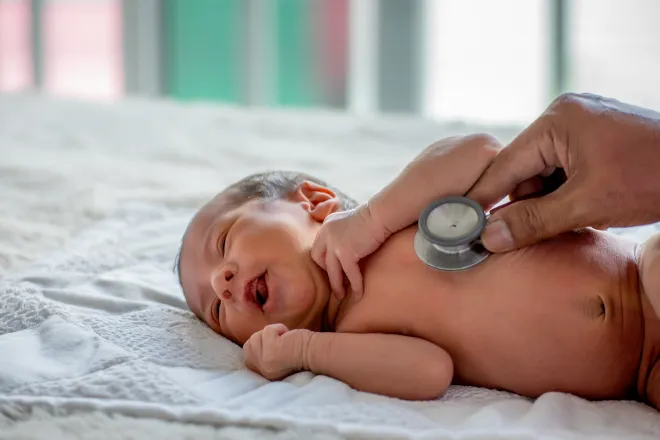
Nebraska team developing app to help homeless youth facing substance abuse
(The Center Square) - University of Nebraska sociologist Kimberly Tyler worked on a National Institutes of Health-funded pilot project regarding drug and alcohol use among homeless youth in 2017 via text message.
Her project worked. However, it also helped Tyler come up with her next research project.
She learned that study participants viewed their cell phones as a lifeline, helping them have supportive conversations that otherwise would not have happened.
“Just being asked about their day was revolutionary for some of them,” said Tyler, George Holmes University Professor of Sociology at the University of Nebraska–Lincoln, told Nebraska Today in an interview. “It made them feel like someone cared about them. They don’t have a lot of support, and they just really crave that interaction.”
The realization inspired her to start a project that received a five-year, $3.4 million grant from the NIH–National Institute on Drug Abuse.
She wants to create a data-driven, app-based "just-in-time" intervention system to offer support for people tempted to use alcohol and drug use as a coping mechanism. She wants to mitigate substance abuse, something homeless youth are two to three times more likely to suffer from than their housed peers, the report said.
Tyler thinks substance misuse among homeless youth is more likely at certain times, including: following sexual or physical victimization on the streets, while experiencing poor mental health, or after socializing with risky networks.
The app would use machine learning and mathematical modeling to identify the likelihood of a youth engaging in substance abuse at any given moment and offer supportive messaging to try to prevent it.
The app would be the first of its kind for this population, the report said.
“Youth don’t have to look anything up — the app is going to be running on their phone all the time,” Tyler told Nebraska Today. “It will be a step beyond what we currently have in trying to intervene in these high-risk situations.”
Tyler sees the approach as feasible with the expanding prevalence of public wifi and decreasing cost of smartphones.
The app would offer proximity-based information about services for homeless youth dealing with substance abuse issues.
Tyler told Nebraska Today that one of the biggest issues agencies like Cedars Youth Services in Lincoln and Youth Emergency Services face is a lack of awareness about their services from those who need them.
"Youth experiencing homelessness often miss out on services like pizza parties, informational sessions about potential jobs and GEDs, financial counseling, and beyond simply because they don’t know about them," the report said.
However, using the GPS built into cell phones, Tyler thinks the app could point these youths to nearby service centers.
“If kids can download this app to their phone and find out about things going on inside the agencies, that’s so impactful because they may never hear about these services otherwise,” Tyler said.
Currently, Tyler's team is collecting data from 150 people, ages 17 to 24, in Lincoln, Omaha, and Kansas City, who lack permanent residences.
They are collecting data they will use to make connections between the daily lives of these young people and their stressors, emotional management, and coping behaviors, particularly alcohol and drug use.
After that, machine learning will cluster the data to create individual profiles for each person to serve as a baseline for new users downloading the app.
"This categorization is how the app will be able to predict a youth’s coping patterns and provide tailored messaging, which will be developed with input from youth experiencing homelessness and partner agencies," the report said.
Tyler hopes the app will eventually be usable in different locations nationwide to help more homeless youth.
“I think this type of personal support intervention is really key for this population,” Tyler told Nebraska Today. “If we can do something really successful, I think we can actually make a difference in all of these young people’s lives and for the agencies that serve them.”
Others on the team working on the app project include: Lehigh University researcher Bilal Khan; Willa Cather, Professor of Psychology at Nebraska; Kristen Olson, Leland J. and Dorothy H. Olson, Professor of sociology at Nebraska; and Natasha Slesnick of Ohio State University.















